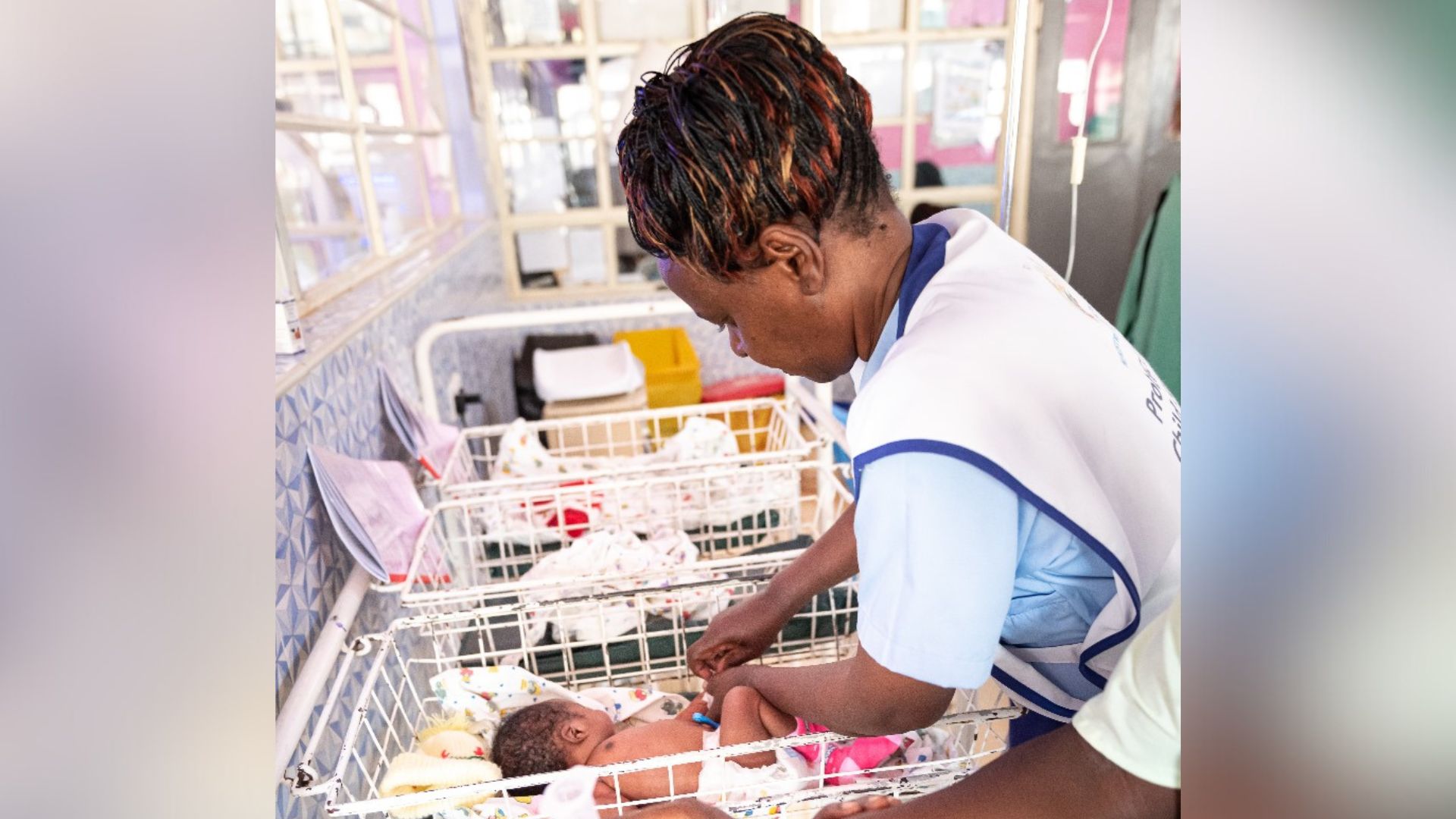Nurse shortages undermine newborn care, study shows

A nurse cares for newborns in a Kenyan hospital’s neonatal unit during the HIGH-Q study on staffing shortages. Courtesy photo
Severe nurse shortages in Kenyan hospitals are undermining efforts to improve care for sick newborns despite technological upgrades in neonatal units, a new study has found.
The research was conducted under the Harnessing Innovation in Global Health for Quality Care (HIGH-Q) project by KEMRI-Wellcome, KEPRECON, and the University of Oxford.
It was funded by the National Institute for Health and Care Research (NIHR).
The project examined how workforce challenges influence the quality of care in newborn units and tested possible solutions.
Speaking in Nairobi, Prof Mike English, the study’s principal investigator, said nurses are essential in delivering round-the-clock care for sick and premature newborns.
“Nurses are central to using new equipment effectively, yet they are overwhelmed and exhausted,” he said.
“It will be hard to improve quality care without increasing staffing and improving ward conditions.”
The study was conducted in eight(8) county hospitals where the Newborn Essential Solutions and Technologies (NEST 360°) programme had been introduced.
Researchers used ethnographic and observational methods to explore daily nursing work, the physical environment of newborn units, and mothers’ experiences.
In public hospitals, nurses often care for more than 25 babies per shift.
This workload means they deliver only a third of the expected care.
On average, each baby received 30 minutes of nursing attention in a 12-hour shift, far below international standards.
The shortage of staff led to missed care, with feeding, monitoring, and hygiene often left incomplete.
Mothers reported stress, stigma and confusion due to limited interaction with nurses.
Overcrowded wards, repurposed buildings, and lack of private areas made it harder to maintain hygiene, safety, and dignity.
The HIGH-Q project tested three(3) interventions to address these challenges.
Hiring more nurses improved care time and teamwork slightly, but staffing remained far below safe standards.
Introducing ward assistants helped with routine care, cleanliness, waste disposal, and support for mothers coping with the distress of a sick baby.
Communication training increased nurses’ self-awareness and improved their engagement with parents, and colleagues.
KEMRI Director General Elijah Songok described the findings as “a wake-up call.”
“Workforce development is central to building a resilient health system,” Prof Sonkok said.
“We hope these findings will guide efforts to strengthen staffing, improve hospital environments, and ensure every newborn receives the quality care they deserve.”
The study recommends increasing nurse staffing in neonatal units, redesigning hospital layouts, creating ward assistant roles, and making communication training routine.
